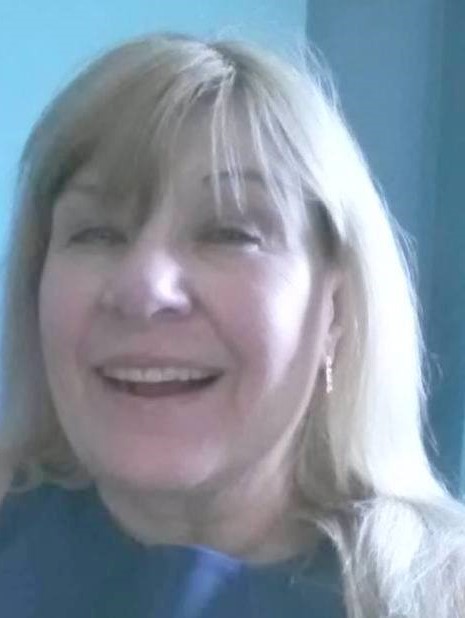Society has always had an obsession with damaging statistics and stereotypes, non more so damaging than the ‘age stereotype’ one. Once you’ve passed a certain age—let’s say the ripe old age of 55 also known as the double nickel—you are relegated to ‘that age group’ of people. You know ‘that age group’—the supposedly denture-and-hearing-aid wearing, bladder-leaking, overmedicated, technology-incompetent, one-foot-in-the-grave-1930s-stereotype group of people. Commercials thrive on the stereotypes, love quoting (their own misguided) statistics, and enjoy pushing the fear button with ads for everything from meds and medical devices most people will never need, to the Grand-Pad phone that is so simplistic it has only two phone numbers to worry about—one for emergency and one for your grandkids. The commercials try really hard to bind us according to ‘that age group’.
Recently I had a routine colonoscopy done and since I was going to be put lightly under for the procedure, the technician had to ask me some questions. We were going along fine, the questions were routine, when another tech brought over my chart with my driver’s license ID and my insurance card. The tech asking the questions glanced at the card, looked at me, looked back at my driver’s license, looked back at me again and said, “Oh, sorry. I thought you were younger. There’s another set of questions for your age group.”
What?!
According to society’s antiquated ideas about older people, anyone bound in the older age group should be content to sit on the porch in the old rocking chair and reminisce about their ‘youth’. That is unrealistic and very disconcerting. It is also a dangerous misconception for us as well as society.
Double-nickels don’t fit the stereotype of what commercials would have us believe. There are people over 55 who are vibrant, active, run companies, play tennis, scuba-dive, travel, and enjoy all that life has to offer. That’s the majority by the way, not the elite minority as big pharma would have you believe.
Speaking of people who are age non-binary, Anna Wintour brilliantly runs Vogue and she’s 70. Meryl Streep, who played a version of Ms. Wintour in The Devil Wears Prada, is 71. Mary Delaney invented collage at the age of 72. Frank McCourt and Laura Ingalls Wilder were 66 and 65 respectively when they achieved success. My neighbor, Jessica Holms, ran her first marathon at the age of 59 and came in third place. Wintour, Streep, and my neighbor have said “I don’t feel my age, I feel so much younger.”
So what exactly does it mean when we say, “I don’t feel my age, I feel so much younger”? Chronological age is tied to our birth years, yet older adults routinely report feeling 10 or 20 years younger than what the year they were born says they are and that’s a positive. Why is it a positive? Feeling younger than your chronological age is actually a very good sign of physical and mental health. You have positive expectations about life which considerably lowers mortality. See? I think we need an age non-binary concept for people who not only don’t look their age but feel at least 20 years younger. Age stereotypes pigeon-holes people in all aspects of their life—work, social interaction, and in dealing with the medical and pharmaceutical establishments.
Age stereotypes tell us that after a certain age, certain things and activities aren’t possible for us anymore and, if we attempt to do them, we’re the exception of our ‘our advancing age’ and not the norm. This is not true at all.
There’s chronological age and there’s psychological age. From your birth to today, that’s chronological. Okay, it’s there but it’s not you if you don’t want it to be. It should not define you. Stay healthy, keep active and put that ‘actual age’ aside. Don’t let it force you to become what others say you should be. Put chronological age away and focus on the age you feel. That’s your true age. Ageless and non-binary.
© copyright 2020 Kristen Houghton all rights reserved
Author Kristen Houghton is ‘over the double nickel’, plays a mean game of tennis, does Ballet Barre, and scuba dives. She identifies as ageless. (anywhere from 35-50!)


